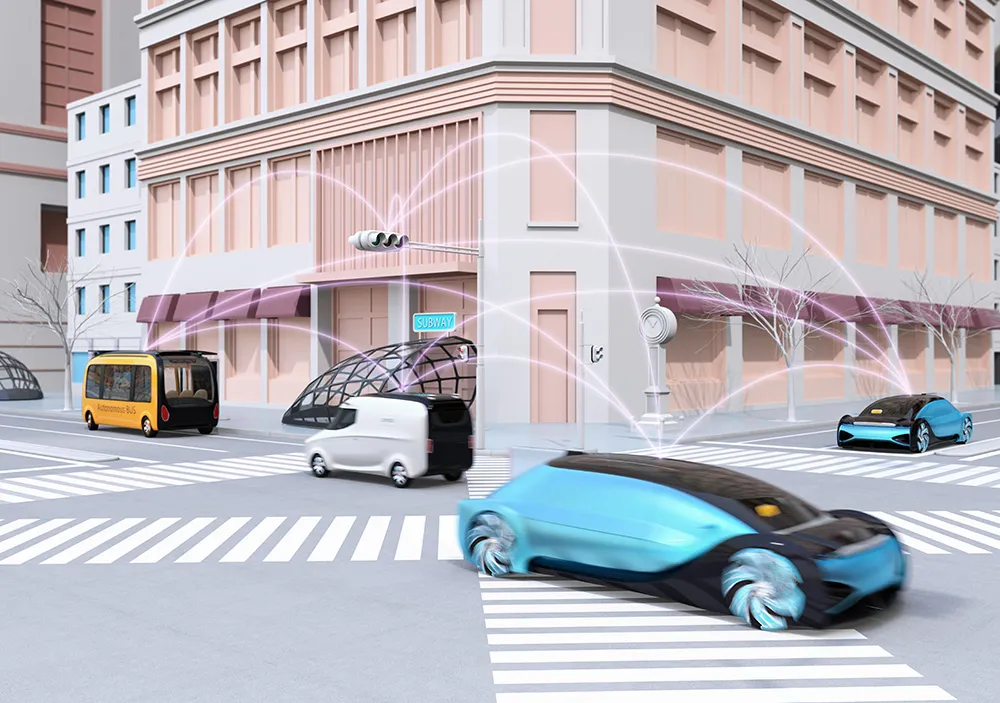For the first time ever, the architecture will make it possible to retrofit functions such as electrical brakes and systems such as lane-keeping assistants using a plug-and-play process like on home PCs. The two companies plan to incorporate the RACE architecture into an electric delivery vehicle by December 2014. The work will be conducted at Siemens' research centre in Munich, Germany. The partnership's aim is to test the new technology in practice for the first time.
The partners of the RACE project are Siemens, AVL Software and Functions, fortiss, the Fraunhofer Society,
"We think that RACE has huge potential and that it could revolutionise car design in the future," says Professor Armin Schnettler, who manages the project at Siemens central research department Corporate Technology. "We expect standardised hardware and flexible apps to be used in the future. This will greatly reduce development times while at the same time increasing customisation — not only in the automotive industry but also elsewhere." StreetScooter hopes RACE will help it to develop and adapt new functions for its cars quickly, flexibly, and inexpensively. "We want to be able to integrate updates and individualise pioneering developments for our customers," says Professor Achim Kampker, managing director of StreetScooter. "Our modular and adaptable concept makes us the ideal platform for the RACE technology."
Siemens to equip StreetScooter EV with innovative electronics and software
Siemens' central research department and electric vehicle manufacturer StreetScooter are to equip an electric car with an innovative electronic and software architecture as part of the Robust and Reliant Automotive Computing Environment for Future eCars (RACE) project.
For the first time ever, the architecture will make it possible to retrofit functions such as electrical brakes and systems such as lane-keeping assistants using a plug-and-play process like on home PCs. The two companies plan to incorpora
July 30, 2014
Read time: 2 mins









